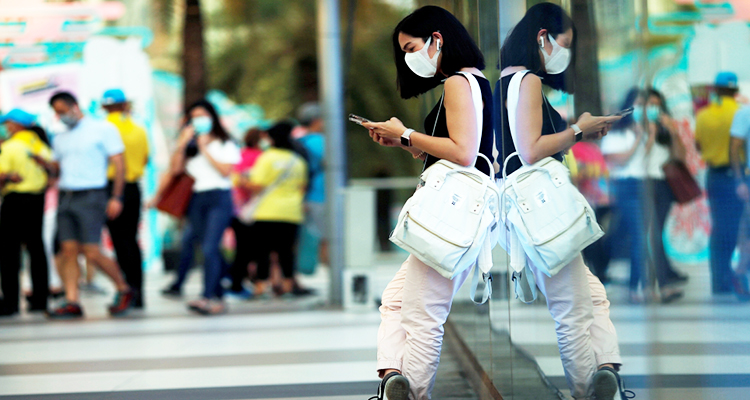From the beginning of the global public health crisis surrounding COVID-19, the Taiwanese government has imposed an export ban on medical masks while increasing the production capacity of domestic factories, which now turn out 15 million masks daily.
Current System
Under the current nationwide mask distribution system, all National Health Insurance (NHI) card holders are able to purchase nine masks every two weeks.
With the supply of medical masks being boosted, the export ban policy has also been loosened in the past week or so, allowing Taiwanese to send medical masks overseas to their first- or second- degree relatives with Taiwanese nationality.
This option is limited to a total of 30 masks every two months.
The sending and receiving of these masks, however, can only, and exclusively, be done by Taiwanese citizens regardless of their actual period of stay in the country or their eligibility as relates to the NHI system.
In other words, those who meet the qualification don’t necessarily need live in Taiwan or to have paid individual income tax or NHI monthly premiums.
Foreigners Banned From Exporting Masks
On the other hand, foreigners without Taiwanese nationality are not included in the new policy no matter how long they have been living in Taiwan, and regardless of their paying into the social security system.
Inhabitants of Taiwan now purchase medical masks using NHI cards, non-Taiwanese too, but exporting these masks is only based on nationality.
This difference in attitude and policy ignores all possible ambiguities surrounding nationalities held by individuals in a highly fluid, globalized world.
Another argument has been brought to light which is the Overseas Community Affairs Council (OCAC) stating that they would offer assistance to Taiwanese immigrants who have no remaining family in Taiwan by sending such masks.
There is no denying that the government should help Taiwanese living abroad when the circumstances allow.
Questions In Need Of Answers
However, we also need to recognize which people our priorities should be based on when dealing with a public health crisis such as COVID-19; those born with Taiwanese citizenship, or those who actually pay for the medical services and support the welfare system?
With the rapid pace of globalization, this question has become inevitable during the political decision making process.










Comments are closed.